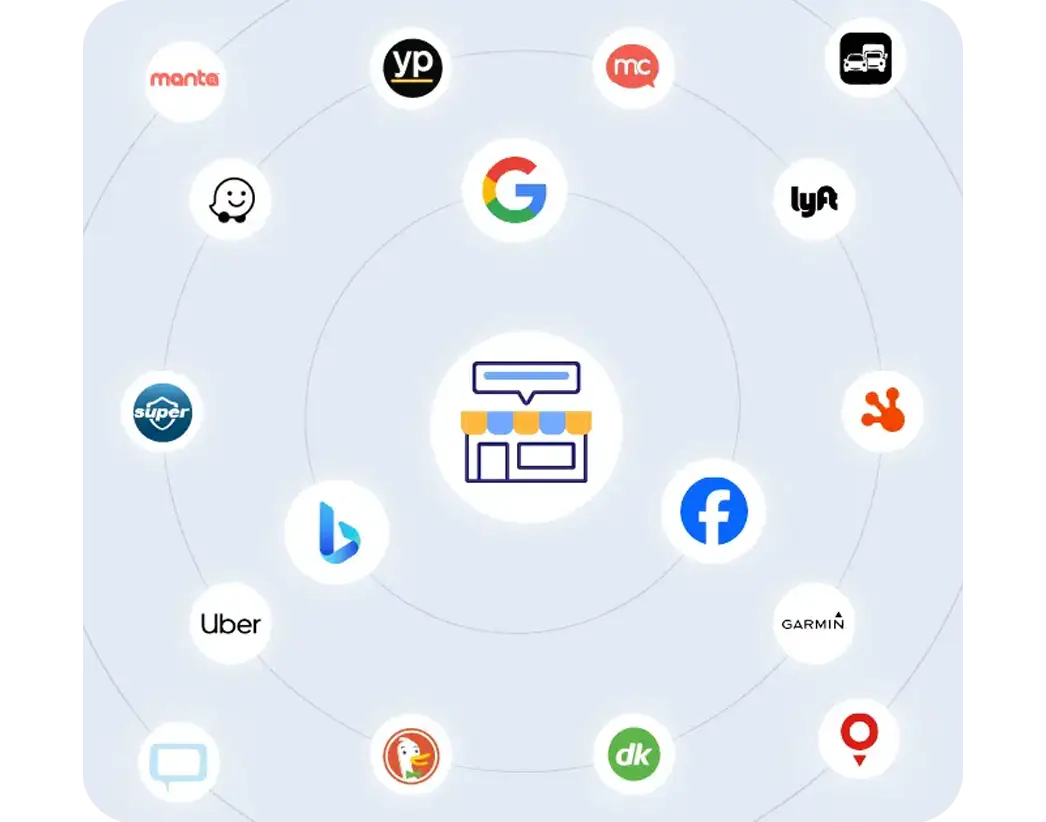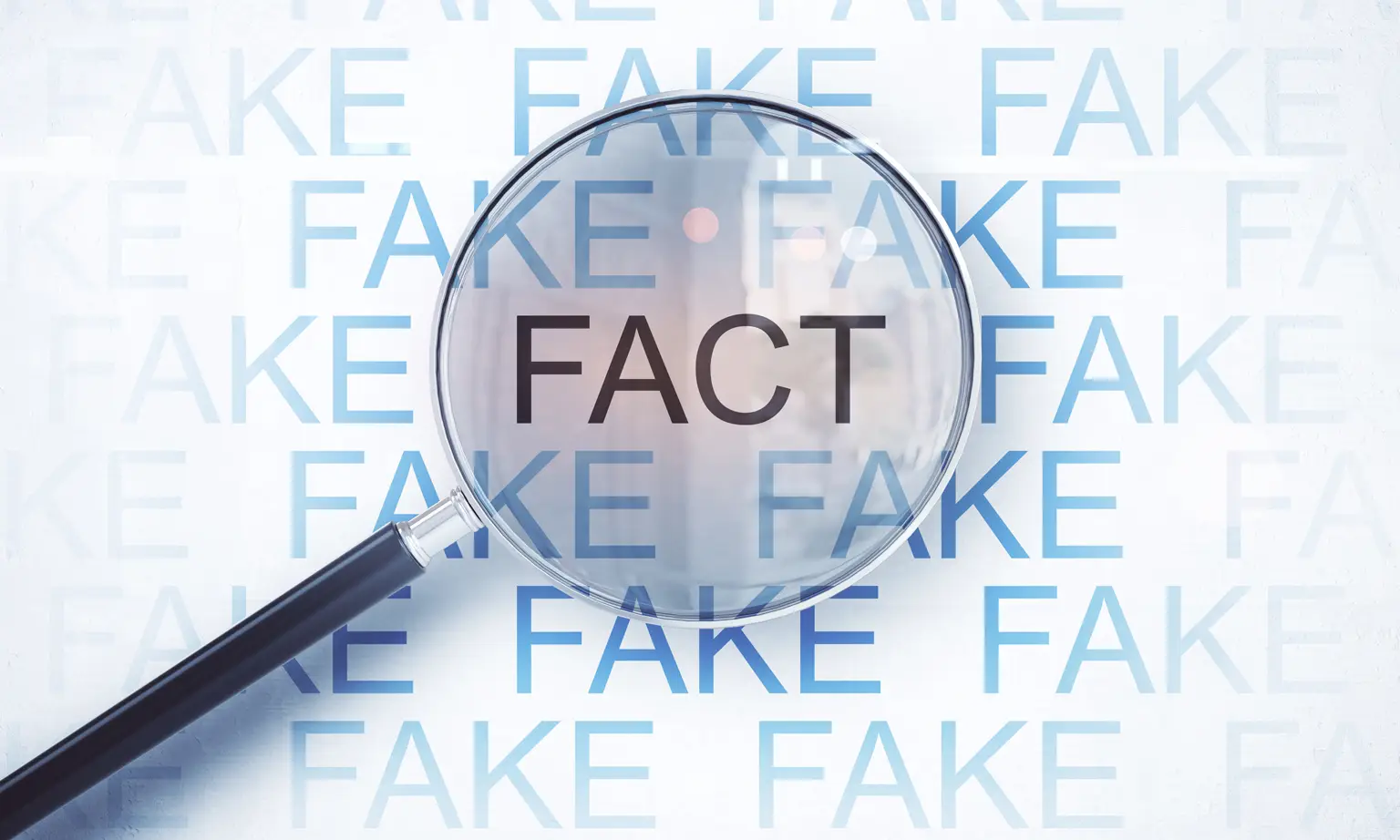
Online reputation is a critical part of business practice. As the landscape of online reputation expands, businesses will inevitably experience fake reviews at some point. The issue is becoming so increasingly common that major online reputation players implement regulatory practices to allow oversight.
Google recently took significant action by improving its flagging review procedures. People are now allowed to flag reviews if the content is “fake” or essentially deemed irrelevant to Google’s algorithm to boost ratings. Other factors mustn’t impact the algorithm because it’s meant to benefit businesses and customers alike and help people choose the right decision for them.
As online reviews become increasingly common, so has the risk of competition leaving fake reviews.
What to do When You Find Fake Reviews?
Don’t panic — it’s the first step. Sure, it’s frustrating to deal with fake reviews that can impact your reputation.
First, try to handle the situation yourself. Respond quickly in case it is an honest review. Either soothe the person or see if you can ask them to take down the review.
Wait a day or two for a response. Unless it’s blatantly fake or inappropriate, then try to rectify the situation yourself.
Once you’ve tried and can’t get in contact with the reviewer, reach out to the platform’s help center. Make sure to document every step you make and have proof. It’s essential to cover your bases once you flag a review and start a claim.
What is Considered Fake Reviews?
Fake reviews have little to no relevance to the business. It’s often used to weaponize a business or competition, which is why companies are taking the issue seriously and introducing procedures to manage it.
What Types of Feedback Can Be Flagged?
Fake reviews have become so common that most major review sites, like Yelp and Google, have created policies regarding this rule and are clear about what falls under violation of regulations. Now that the playing field is so competitive, businesses will often go to the extent to hurt each other’s online reputation.
You can find more about Google’s specific guidelines here. Here’s an overview of what content can be flagged if deemed fake:
Spam: If the review is from a bot, a fake account, or contains promotional information. These are becoming increasingly common. People will often invest in bots to hurt their competition.
Impersonation: One type of review that is not allowed and can be challenging to prove is impersonating another individual, company, or organization.
Conflict of interest: Sometimes, a review is from another business or competitor. These are also against Google’s policies. These, similarly to impersonation, can be challenging to prove. Make sure to fully document your case and track any information about your case.
Off-topic: Sometimes, the review is entirely irrelevant or has anything to do with the company. These are also considered fake reviews and often by businesses in competition to hurt your reputation score.
Personal information: Any personal information about the business owner or employees. For example, phone numbers, addresses, or personal information. Sometimes competition will do this to hurt another business.
You might find other types of fake reviews, but these are the most common.
How to Delete a Fake Review

You have to flag the review first and start the process of reporting. Remember to make sure you’re confident this is a fake review. Once you click on the flag, you will be taken to the report for a review.
It should then prompt you to leave a claim. You must provide your name and company email address, and the type of violation. The next step is to be patient, as it may take a few days for a review to be assessed. Make sure to document all steps for your records.
Google or another review platform then decides if the review is violating its policies, and you will be notified whether or not it was removed.
Importance of Automation Software
The high importance of online reviews makes it necessary to have an online reputation management strategy. It’s vital to respond to all reviews but, more importantly, act on ones that are fake or could potentially damage your reputation.
With ReviewInc’s reputation management software, businesses can have a team overseeing their online reputation and all reviews left. This allows our team to respond quickly and appropriately. They can handle issues of fake reviews, so you don’t have to stress about the hassle.
To learn more about ReviewInc’s Review Flow, request a demo here.









